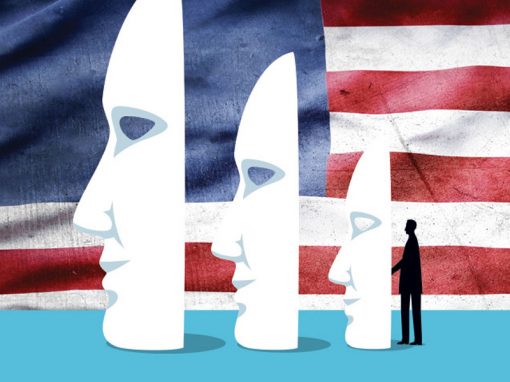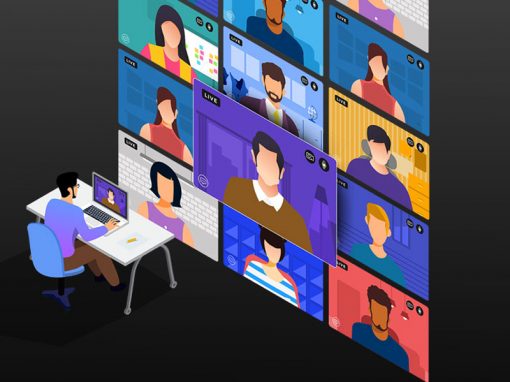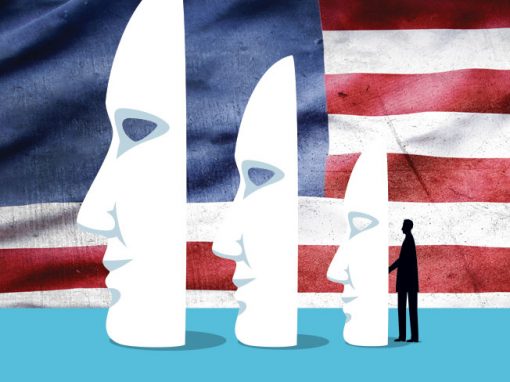High-Throughput Experiments on Group Dynamics
Experimental social science is moving slower and accumulating less knowledge than it could if it fully leveraged recent advances in digital technologies and crowdsourcing services. These technologies allow individual experiments to be deployed and run faster than in traditional physical labs; however, most experiments still focus on one-off results that do not generalize easily to real-world contexts, or even to other variations of the same experiment.
To achieve replicable, generalizable, scalable, and ultimately useful social science, we believe that it is necessary to rethink the fundamental “one at a time” paradigm of experimental social and behavioral science. In its place we intend to design and run “high-throughput” experiments that are radically different in scale and scope from the traditional model. This approach opens the door to new experimental insights, as well as new approaches to theory building.
Realizing the potential of high-throughput experiments in turn requires (1) significant investments in software design and participant recruitment, (2) innovations in experimental design and analysis of experimental data, (3) adoption of new models of collaboration, and (4) a new understanding of the relationship between theory and experiment. The High-Throughput Virtual Lab Project pursues this ambitious path to facilitate a new class of scientific advances in our understanding of collective social phenomena.
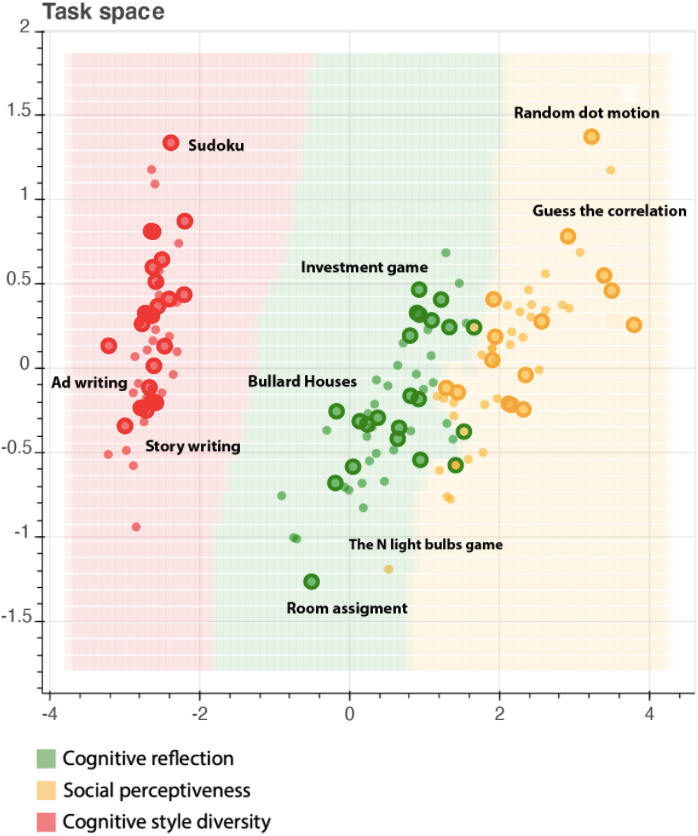
ABOVE: Mapping the task space
CSSLab’s research on group dynamics is generating insight into how teams collaborate, along with which factors impact their success. Rather than generalize individual conclusions to teams of different compositions working on different tasks, the lab’s high-throughput experiment design allows for more careful mapping of the task space.
Shown above is a schematic of a “task space” in which many different tasks can be mapped in relation to one another according to their defining attributes. By separating this space into distinct domains where different types of skills dominate group performance, the contextual dependencies of current theories can be precisely identified.
PEOPLE
Duncan Watts
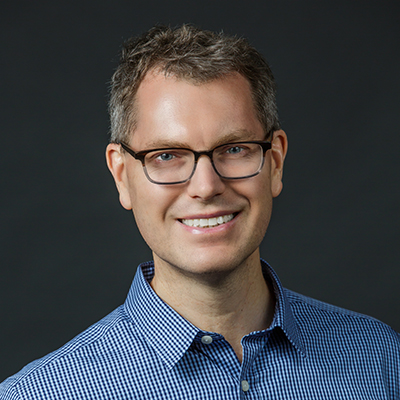 —
—
Stevens University Professor & twenty-third Penn Integrates Knowledge Professor
James Houghton
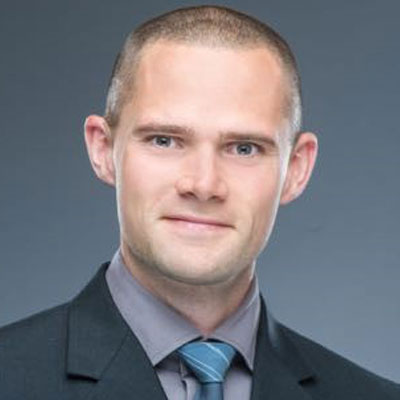 —
—
Research Scientist
Mark Whiting
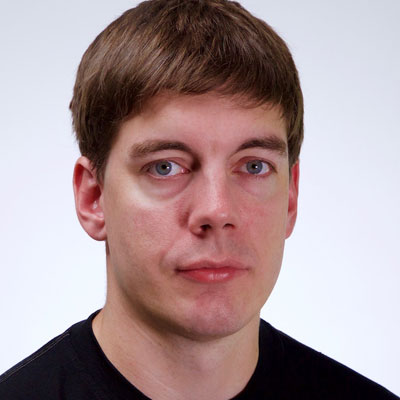 —
—
Research Scientist
Abdullah Almaatouq
 —
—
Affiliate Research Scientist
Linnea Gandhi
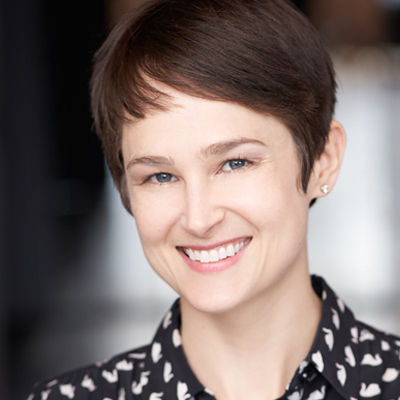 —
—
Ph.D. Researcher
Xinlan (Emily) Hu
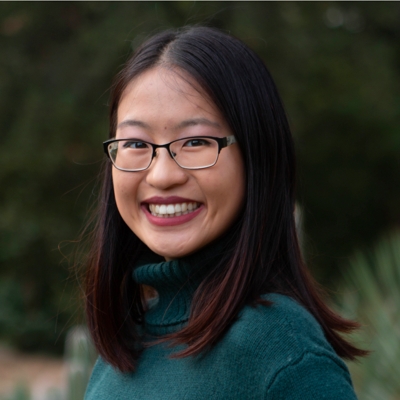 —
—
Ph.D. Researcher
FEATURED PUBLICATIONS
The Effects of Group Composition and Dynamics on Collective Performance Journal Article
In: Topics in Cognitive Science, 2023.
Task complexity moderates group synergy Journal Article
In: Proceedings of the National Academy of Sciences, vol. 118, no. 36, 2021.
Scaling up experimental social, behavioral, and economic science Technical Report
2021.
My Team Will Go On: Differentiating High and Low Viability Teams through Team Interaction Journal Article
In: Proceedings of the ACM Human-Computer Interaction, vol. 4, no. CSCW3, pp. 1-27, 2021.
Empirica: a virtual lab for high-throughput macro-level experiments Journal Article
In: Behavior Research Methods, pp. 1–14, 2021.
Can We Just Start Over Again? Resetting Remote Team Dynamics Journal Article
In: 2020.
Parallel Worlds: Repeated Initializations of the Same Team To Improve Team Viability Journal Article
In: Proceedings of the ACM Human-Computer Interaction, vol. 4, no. CSCW1, pp. 22, 2020.
Related
CSSLab Establishes Virtual Deliberation Lab to Reduce Affective Polarization
When a Republican and a Democrat sit down to discuss gun control, how is it going to go? Conversations between Republicans and Democrats can be either productive or polarizing and social scientists want to understand what makes conversations between people from competing social groups succeed, as positive conversations have proven to be one of the most effective ways to reduce intergroup conflict. However, when conversations go poorly, they can instead increase polarization and reinforce negative biases.
The mechanics of collaboration
Like many clichés, the origins of the common mantra “Teamwork makes the dream work” is rooted in a shared experience.
For Xinlan Emily Hu, a fourth-year Ph.D. student at Wharton, that is, however, more than just a catchy saying. It is the foundation of her research into the science of teamwork. As she puts it, “The magic of a successful team isn’t just in having the right people; it’s in how those people interact and communicate.”
The Team Communication Toolkit: Emily Hu’s Award-Winning Project
Emily Hu, a fourth year Wharton Operations, Information, and Decisions PhD student at the Computational Social Science Lab (CSSLab), has just launched her award-winning Team Communication Toolkit at the Academy of Management Conference on August 12 in Chicago. This toolkit allows researchers to analyze text-based communication data among groups and teams by providing over a hundred research-backed conversational features, eliminating the need to compute these features from scratch.
